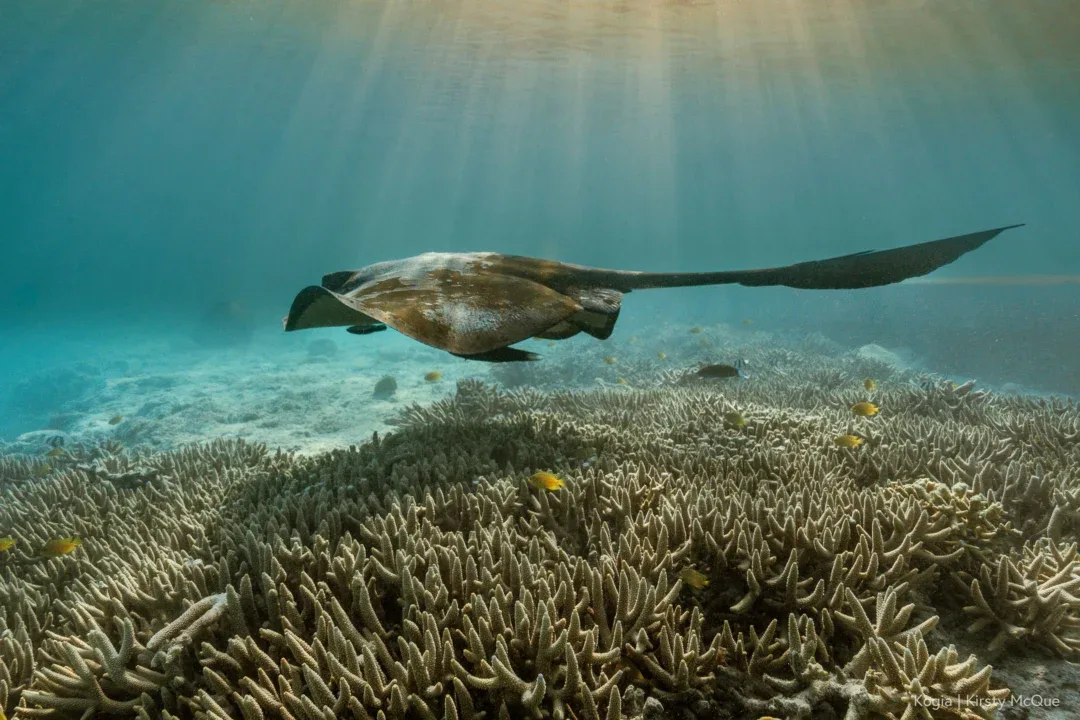Climate change is rapidly transforming ocean conditions. Rising temperatures and shifting currents are disrupting ecosystems and causing marine species to move in new and often unpredictable ways. Coastal communities are affected by changes to coastlines, weather patterns, and access to marine resources, among other impacts. Marine protected areas (MPAs) are already experiencing the effects of climate change and managers must prepare for ongoing and future changes.
The Reef Resilience Network toolkit is designed to help MPA managers plan for climate adaptation. While many responses will build on familiar strategies such as reducing local threats (e.g., controlling sediment runoff or limiting unsustainable fishing), the accelerating pace of change may also require a broader restructuring of MPA management. This could include actions such as implementing new funding models to support bleaching response or taking a more flexible planning approach that allows for trial and error. To remain effective in a changing climate, MPAs need to gain the capacity to operate under increasing uncertainty.

Numerous resources and frameworks for climate-related planning have been developed over the past decade. Although the number of recommended steps differ across frameworks, they all follow a common adaptive cycle: planning, implementing, monitoring, and evaluating whether Climate-Smart strategies are effective, and adjusting management actions accordingly.
The contents of this toolkit highlight key areas in which climate change adaptation can be integrated:
- Understanding Conservation Features and Assessing Threats
- Defining Climate-Smart Goals
- Creating Adaptive Strategies
- Designing Effective Monitoring for Adaptive Strategies
This toolkit is based on A Practical Guide for Climate-Smart Updates to Management Plans and supplementary materials. While both the toolkit and guide are designed to help managers understand when and how to integrate climate change into management plans, managers may need support to implement the process.
Source: Reef Resilience Network
The Climate Adaptation Toolkit was developed in partnership with the Blue Nature Alliance, a global partnership to catalyze effective large-scale ocean conservation. Additional insights and resources were provided by our friends at Conservation International, and the National Oceanographic and Atmospheric Administration (NOAA) MPA Center.

